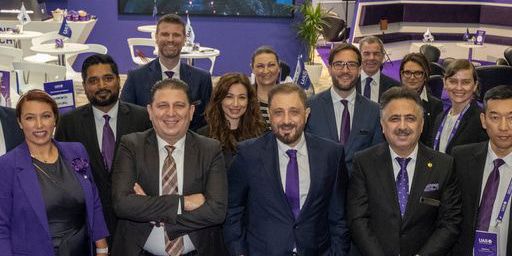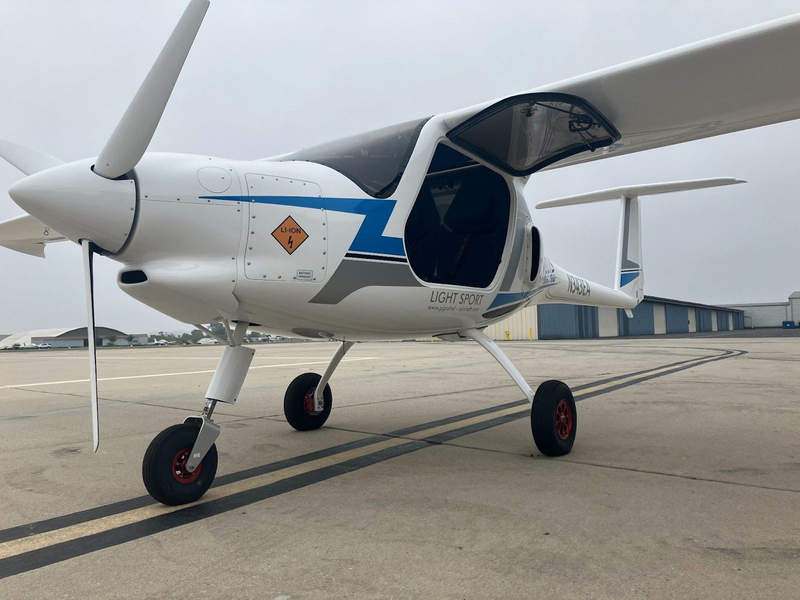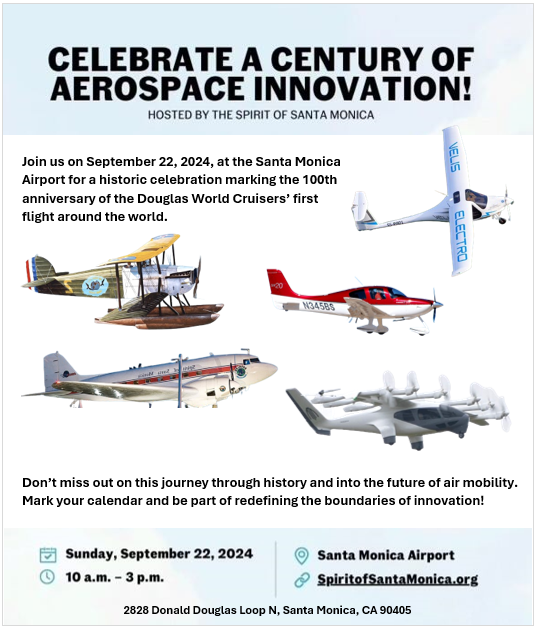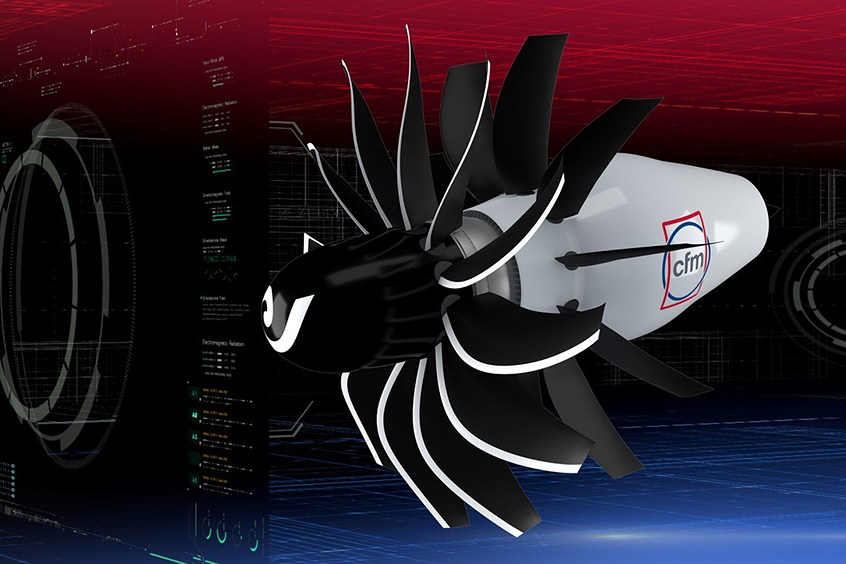
CFM reports that it is at a stage of the Revolutionary Innovation for Sustainable Engines (RISE) program in which it is doing real testing on real hardware and making real progress.
As the RISE program’s game-changing technologies evolve from promising design concepts to functioning components and systems, the pace of testing is accelerating.
“We are at a stage of the program in which we’re doing real testing on real hardware and making real progress,” says Mohamed Ali, vice president and general manager of engineering for GE Aerospace.
“It’s full speed ahead for the RISE program in 2024,” adds Arjan Hegeman, general manager of advanced technology for GE Aerospace. “It’s a period of innovation unlike anything GE Aerospace has seen before.”
Unveiled in 2021 by CFM International, a 50/50 joint company between GE Aerospace and Safran Aircraft Engines, the RISE program is advancing technologies to support flight that aims to be 20% more fuel efficient with 20% lower carbon emissions than current commercial engines. It’s a challenge, and one that’s critical to meeting the aviation industry’s long-term climate goal of net zero carbon emissions by 2050 for commercial flight. More than 100 tests have been completed so far.
Tests on the program’s next-generation high-pressure turbine, which were recently conducted in a demonstrator engine at GE Aerospace headquarters in Evendale, Ohio, confirmed that it can deliver significant fuel efficiency improvement and increased durability. “It demonstrated a generational step-change improvement in our turbine component cooling technology,” Hegeman says. The technology will be useful in the compact core GE Aerospace is developing for the RISE program through NASA’s Hybrid Thermally Efficient Core (HyTEC) program, which …
As the RISE program’s game-changing technologies evolve from promising design concepts to functioning components and systems, the pace of testing is accelerating.
“We are at a stage of the program in which we’re doing real testing on real hardware and making real progress,” says Mohamed Ali, vice president and general manager of engineering for GE Aerospace.
“It’s full speed ahead for the RISE program in 2024,” adds Arjan Hegeman, general manager of advanced technology for GE Aerospace. “It’s a period of innovation unlike anything GE Aerospace has seen before.”
Unveiled in 2021 by CFM International, a 50/50 joint company between GE Aerospace and Safran Aircraft Engines, the RISE program is advancing technologies to support flight that aims to be 20% more fuel efficient with 20% lower carbon emissions than current commercial engines. It’s a challenge, and one that’s critical to meeting the aviation industry’s long-term climate goal of net zero carbon emissions by 2050 for commercial flight. More than 100 tests have been completed so far.
Tests on the program’s next-generation high-pressure turbine, which were recently conducted in a demonstrator engine at GE Aerospace headquarters in Evendale, Ohio, confirmed that it can deliver significant fuel efficiency improvement and increased durability. “It demonstrated a generational step-change improvement in our turbine component cooling technology,” Hegeman says. The technology will be useful in the compact core GE Aerospace is developing for the RISE program through NASA’s Hybrid Thermally Efficient Core (HyTEC) program, which …




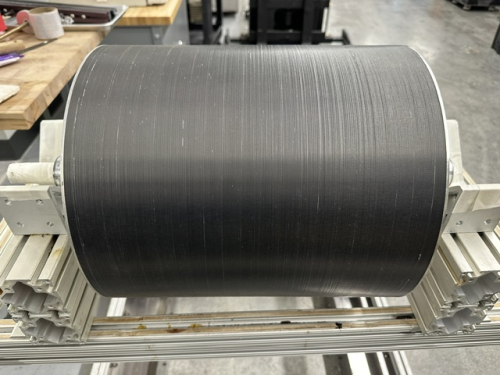

/cdn.vox-cdn.com/uploads/chorus_asset/file/25476438/Gen_3_Cube_Rendering.png)

